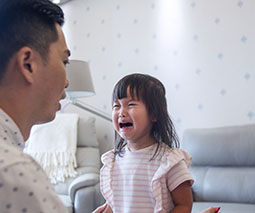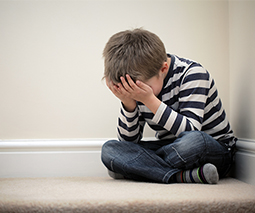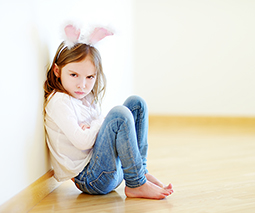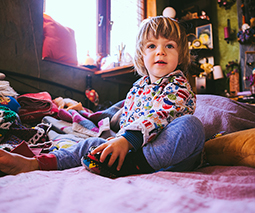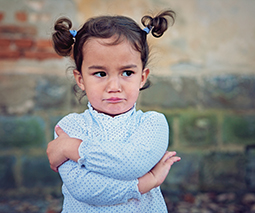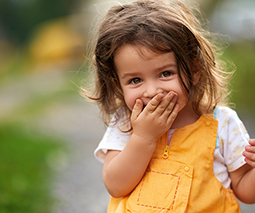Is it OCD? How obsessive-compulsive disorder presents in kids
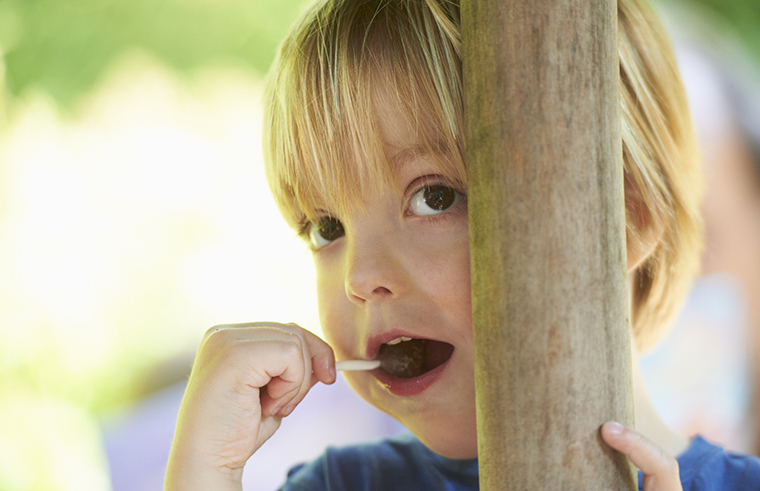
“Mum, have a I cleaned my teeth?”
“Yep!”
Five minutes later:
“Mummy, are my teeth shiny? Did I clean them?”
“Yes, you already asked me, remember?”
Now, repeat this conversation 15 more times in one morning.
If this sounds familiar to you, you may be wondering if your little one has some sort of obsessive-compulsive disorder (OCD) around cleaning her teeth.
Here’s how OCD presents in kids, how it differs from just normal worries and what you can do to support your kiddo who may have it, to some degree.
What is OCD?
Kids with OCD have unwanted thoughts, feelings or worries that they obsess over. They often become anxious because of these. In order to feel better, they develop compulsions or rituals around the obsession.
For example, asking over and over to check if they have cleaned their teeth or washing their hands multiple times even though they not long ago did so.
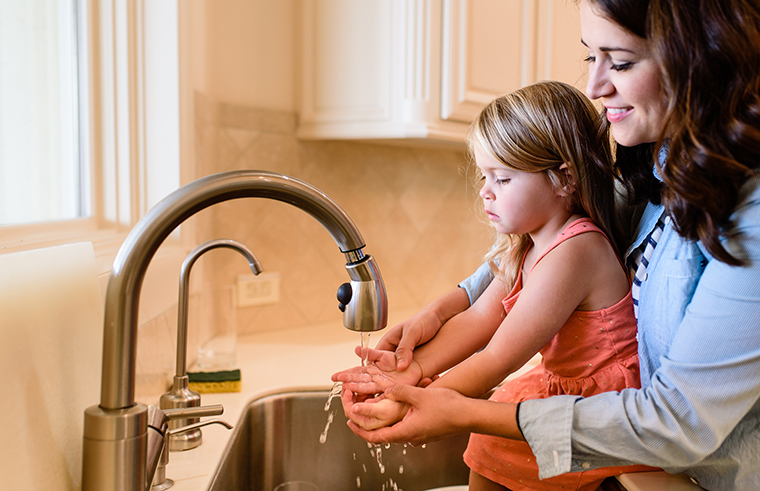
What’s an OCD obsession?
Kids with OCD can’t stop thinking about the thing, or things, making them anxious. While they might know their thoughts are irrational or don’t make sense, it still plagues them – like an itchy bite that they can’t reach to scratch.
Some examples of an OCD fear include:
- Obsessing that they or a loved one will get sick, hurt or die.
- Obsessing over a mistake, negative thought or a bad thing they have said.
- Obsessing over breaking a rule.
- Obsessing if something is clean or dirty.
- Obsessing if something is put the right way.
- Obsessing over something being lucky, unlucky, safe or unsafe.
When a fear becomes an obsession, a child will seek to alleviate it with compulsive behaviours or rituals to “make sure” things are as they feel they should be. They also believe that by doing the compulsion that they somehow have the power to prevent bad things from happening.
Rituals include things like:
- Needing to wash and clean repeatedly.
- Needing to re-do things, such as writing or reading.
- Needing to say a word, phrase, or question over and over.
- Needing to walk through a doorway lots of times.
- Needing to check lights are off, a door is locked, or that homework has been done.
- Needing to touch things a number of times in the same way.
- Needing things to have order.
- Needing to count to a ‘good’ number and avoid ‘unlucky’ numbers.

What’s OCD and what’s not?
If your little one is a bit of a worrier it can be hard to know if this is just her personality, temperament or a case of OCD.
The big difference between normal-kid worries and OCD behaviours is to do with rituals.
You could ask yourself if your little one’s worries seem obsessive in nature and if she has developed compulsions to ease these?
So while all kids may worry about getting into trouble with the teacher, a child with OCD may dwell on this, bringing it up over and over and feel that by doing something odd, like tapping in certain manner over and over, she’ll somehow prevent this from happening at school.
Little ones with OCD often feel that having a ritual to guard against “bad things” is the only way to feel at ease.
Other challenges
If your little one has OCD, she may also have other difficulties as a result.
She may, for example, have trouble concentrating at school because she can’t get her mind off the obsession.
OCD kids can also feel unusually irritable, upset or anxious about things that wouldn’t bother others. They can suffer from uncertain feelings and have trouble making choices.
A little one with OCD may also take an usually long time to do certain tasks, like getting dressed or doing homework. She may also become upset and angry if something isn’t perfect or is out of place.
It’s important to note also, that other conditions such as such ADHD, autism, and Tourette’s syndrome, can also look like obsessive-compulsive disorder, so a thorough medical and psychological exam is essential before any diagnosis is made.
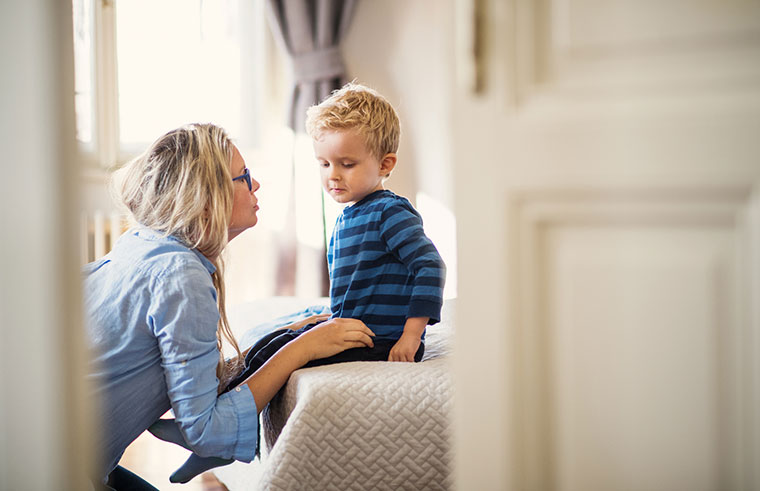
How to help kids with OCD
If you feel your child might suffer from OCD, the first thing to do is to chat to them about what’s going on.
Saying something like, “I can see you worry about your lunchbox being packed the ‘right’ way and your hands being clean, even after you’ve washed them. How does this make you feel?” might be a good way to start a loving and supportive conversation.
Then you could make an appointment for your child with your GP. Reassure her that you and the doctor want to help her.
Your doctor might then refer your child to a child psychiatrist or psychologist for an OCD assessment.
If an OCD diagnosis is reached then help is available. Treatment can include medicine and cognitive behaviour therapy.
In cognitive behaviour therapy, your child will learn about their OCD and how to weaken it so it doesn’t have such a hold over them.
Kids in therapy also learn how to face their fears in a non-confronting way and how to stop the OCD cycle.
With the right support, kids and their parents dealing with OCD will be given the confidence to manage and control it.
